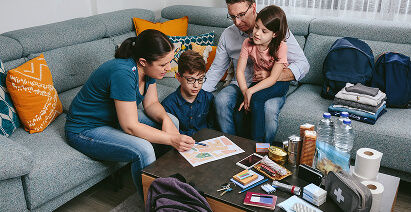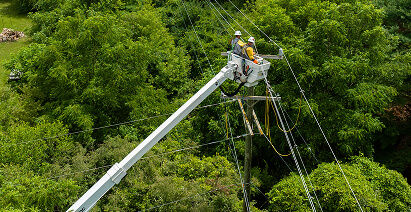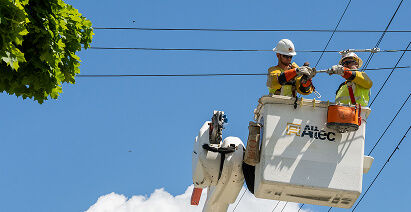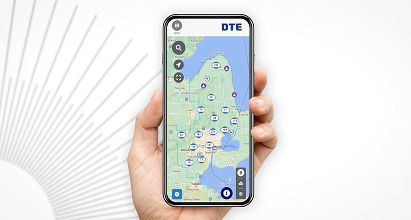Electrical Safety
Keeping Your Electric Service Safe – Together
Get tips to keep you and your family safe around electricity every day and during storms. Know the dangers of downed power lines and learn more about outages and power restoration.
Downed Power Line: Stay at least 25 feet away from a downed power line and assume all downed power lines are live and dangerous. Be sure to call 911 if there is an emergency. See more about electrical emergencies. |
Línea eléctrica caída: manténgase al menos a 25 pies de distancia de una línea eléctrica caída y dé por sentado que todas las líneas eléctricas caídas están activas y son peligrosas. En caso de emergencia, asegúrese de llamar al 911. Obtenga más información sobre emergencias eléctricas.
عند سقوط سلك كهربائي: حافظ على مسافة لا تقل عن 25 قدمًا من خطوط الكهرباء المتساقطة، وافتراض دائمًا أن جميع خطوط الكهرباء المتساقطة تعمل وخطيرة. احرص على الاتصال برقم 911 في حالة الطوارئ. انظر المزيد عن حالات الطوارئ الكهربائية.
More Safety Resources
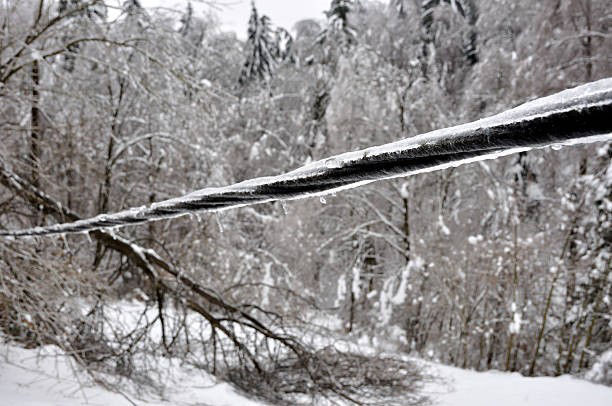
Empowering Michigan Blog
Find stories and videos on electrical safety and seasonal storm safety.
